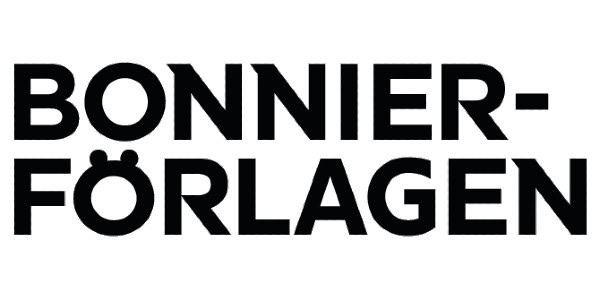
Enigmatic Origins : tracing the Theme of Historicity through Heidegger's Works

| Författare | |
|---|---|
| Förlag | Stockholm University |
| Genre | Filosofi och idéhistoria |
| Format | Häftad |
| Språk | Engelska |
| Antal sidor | 294 |
| Vikt | 535 gr |
| Utgiven | 2015-09-03 |
| ISBN | 9789187235337 |
The preoccupation with the "historicity" of thought and existence is central to the hermeneutic phenomenological branch of modern philosophy. Its foremost representative is Martin Heidegger, who in his main work Sein und Zeit (1927) developed a theory of historicity, according to which human beings not only exist in history, but are themselves historical. In subsequent writings Heidegger argued that not only man, but also truth and being, must be understood "historically" in a particular sense. The meaning and the implications of Heidegger's "historicization" of philosophy are here analyzed along two parallel tracks: as a theory of the conditions of philosophical understanding; second, as an incentive to new ways of responding philosophically to these conditions. The study focuses on the sense of belonging which Heidegger assigns to historicity, as a dialogical relation to an enigmatic origin that cannot be exhaustively articulated, but to which understanding must nevertheless respond in repetition and critique. The idea of the "hermeneutic situation", and what it means to occupy such a situation, is shown to be central in this regard. Heidegger's "historicization" of the philosophical territory is interpreted as an exemplary attempt to preserve philosophy as a quest for "origins" in the explicit recognition of the interminable historical mediation of thinking. His approach leads to a critical questioning of fundamental philosophical distinctions, such as the temporal and the eternal, the absolute and the relative, subject and object, and of truth as correspondence. Eventually he is led to question the ability of language to express the historicity of thought and of being, which can only be indicated by means of concepts such as "moment" (Augenblick) and "event" (Ereignis). In seven chapters the theme of historicity is explored from different angles, which together provide a guide to Heidegger's path from a philosophy of life to a thinking of being in the "other beginning." The study covers the full range of his writings, but it emphasizes the development from the earliest lectures, over Sein und Zeit, to the second major work, Beiträge zur Philosophie (1938, published posthumously in 1989).






















